Nigerian farmers growing the country’s first GMO food crop — pod borer-resistant (PBR) cowpea, or beans — say they have seen less pest damage in their fields compared to when they grew conventional varieties.
The farmers say the lessened insect pest pressure is giving them increased yields. They are also reporting higher profits because of the better yields and reduced investments in costly pesticides. PBR cowpea has reduced pesticide use from eight sprays per season to just two.
Dabo Umar, a 65-year-old farmer in Kano State with 20 children and two wives, told the Alliance for Science in an interview on his farm that he earned an estimated additional 20,000 Naira (US$50) profits from his 5 acres of PBR cowpea in 2020, compared to the season before.
“This cowpea is better than any other cowpea,” said Dabo, who has 35 years of experience growing cowpea. “This is the best one… And many people are asking how we get this cowpea… No Maruca (pod borer pests). We are very happy about that.”
Goma Lawal, a 54-year-old farmer with two wives and 20 children in Kaduna State, said his investment in pest protection has been reduced following the decision to grow GMO cowpea seeds.
“If you want to talk about money, we don’t spend too much money,” he said. “Unlike the ordinary cowpea. The ordinary cowpea, we spend 2,000 Naira (US$7.5) to 3,000 Naira (US$7.5) on pesticide. This one, we don’t spend even up to 1,000 Naira (US$2.50).”
Ahiaba M. Sylvanus, a 63-year-old smallholder farmer in Kaduna State, offered similar testimony. When he grew conventional cowpea seeds, he said he had to spray pesticides up to eight times in the 12-week life cycle of the crop. That spraying regimen cost him about 20,000 Naira (US$50) every season. But in growing GM cowpea, he sprayed only twice and his crop still did well.
Sylvanus, a father of three, said that when he first began growing cowpea 45 years ago, there was no need to spray the crop before harvest.
“It was later we started experiencing the Maruca type of these maggots that bore holes on the pods…we [had to] spray almost up to the end of the crop…The spraying takes about one quarter of what we are supposed to realize from the cowpea farming.” But with GMO cowpea, Sylvanus said he “sprays less than the other ones we have been handling. And it’s early maturing… I got great relief… You’re having enough to eat. I was able to enjoy extra money from my labor.”
Less labor and drudgery
The Nigerian government was the first country in the world to commercialize PBR cowpea, marketed as SAMPEA-20T, in December 2019. This allowed some farmers the opportunity to grow it unrestricted in late 2020.
Jamilu Mohammed Ahmed, who grows cowpea and other crops in Kaduna State, told the Alliance for Science that “the labor and the drudgery associated with the work” has been reduced following his decision to grow GMO cowpea.
On an almost weekly basis, conventional cowpea farmers have to fetch numerous buckets of water from their homes or nearby streams, which they carry to their farms to mix with the pesticides they buy at exorbitant costs. Old farmers who cannot undertake such heavy manual activities have to hire laborers to do the work for them.
“Some of the local farmers you hire to spray in the field, some don’t use facemask,” said Ahmed, lamenting the lack of technical know-how in properly using pesticides. “And that is hazardous to their health…. Most of the chemicals are carcinogenic. We all know this.
“By using this one (GMO cowpea), with no or at least one spray, it gives a very reasonable output,” he continued. “It is found to be very good, and we had bumper harvest… This gives more yield, honestly speaking. With less inputs.”
In his 25 years of farming cowpea, Ahmed said he has never had better results than what he’s achieved with PBR cowpea. “This will serve as an added advantage to serve as another alternative as source of protein foods to both humans and livestock,” he added.
Osman Yahyah Alhassan, a 19-year-old farmer in Kano State, told the Alliance for Science that yield on his 0.9-hectare cowpea farm doubled last season as a result of reduced pest destruction when he began GMO cowpea. “We got 17 bags with PBR. On the same plot of land, we got only 9 to 11 bags previously,” he explained.
What exactly is Bt cowpea?
Cowpea is a high-protein orphan crop consumed by an estimated 200 million people in Africa daily. It’s usually cooked and eaten with carbohydrate sources like plantain and rice. Nigeria is Africa’s largest producer and consumer of cowpea. But the country’s annual production deficit of cowpea grains stands at more than 500,000 metric tonnes.
Varied reasons are responsible for this shortfall, including destruction caused by the Maruca pod borer pest. The insect can cause farmers to lose their entire crop. But by introducing a gene from Bacillus thuringiensis (Bt) — a naturally occurring bacteria — Nigerian scientists were able to develop a cowpea variety that can resist the pest.
The positive reactions from farmers indicates Nigeria is poised to adopt enhanced innovations in agricultural production to enhance food security, said Dr. Issoufou Kollo, West Africa Regional Coordinator of the Africa Agricultural Technology Foundation (AATF), a not-for-profit organization that supported development of the variety.
“Nigerians are ready for PBR cowpea,” he said. “The farmers love it. There is not a single farmer which has seen the crop and who didn’t like it. Since last year, we got more than one million demands of cowpea seed from farmers.”
Prof. Mohammed Ishiyaku is executive director of Nigeria’s Institute for Agricultural Research, which developed the variety. He predicted farmers and the Nigerian economy will make a lot of money following the adoption of the variety.
“The productivity of this new variety, it has a yield potential of 2.9 tonnes per hectare, whilst many of the other varieties have a potential yield of 1.9 to 2 tonnes per hectare,” he said. “If 1 million hectares are planted, we estimate that Nigeria is bound to save more than 16 billion Naira (about US$40 million) in terms of saving from insecticides alone… And a with a 20 percent yield advantage, farmers are going to make the economic benefit of around 46 billion Naira (about US$112 million) annually.”

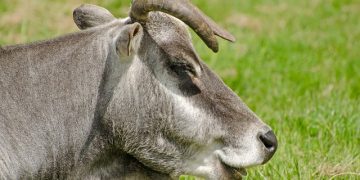





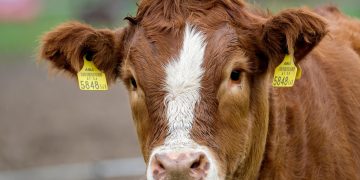













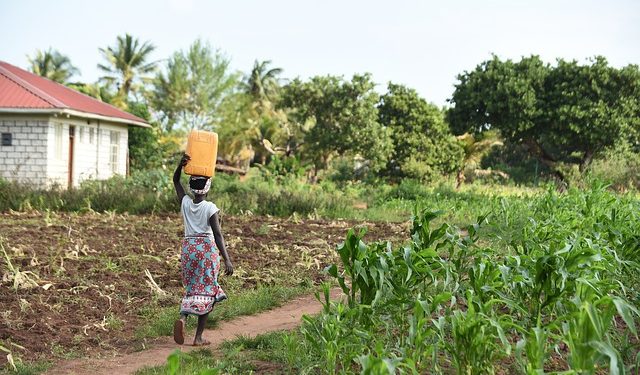
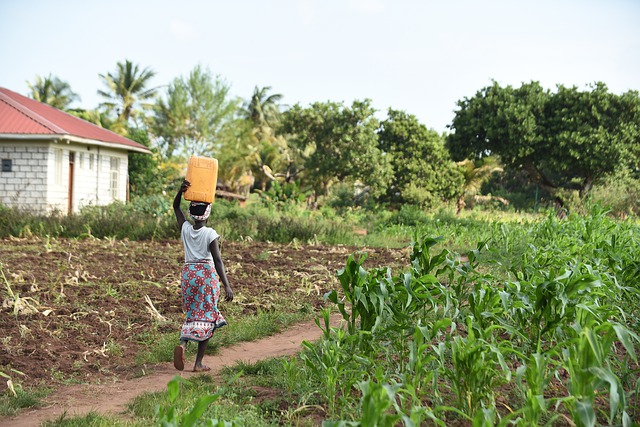

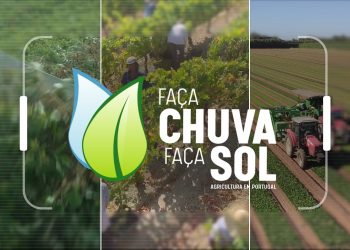




























Discussão sobre este post